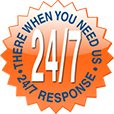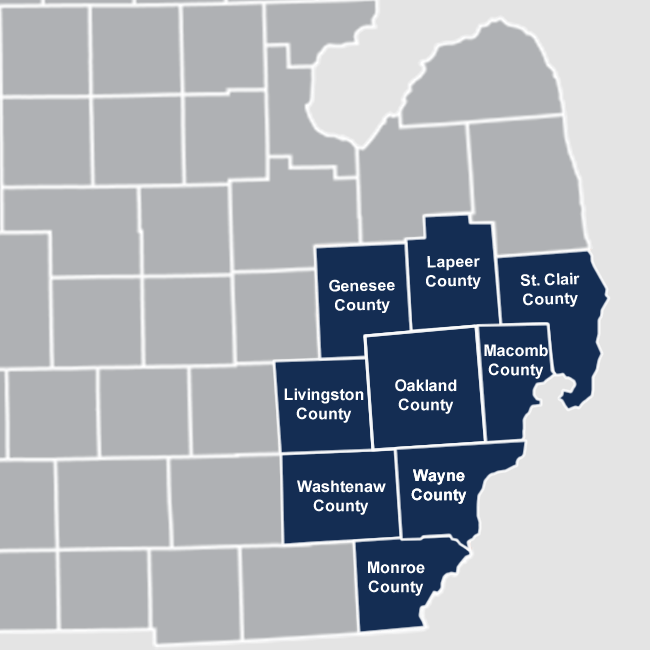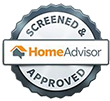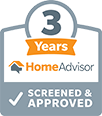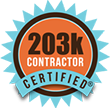Homeowners Insurance. What’s Covered?
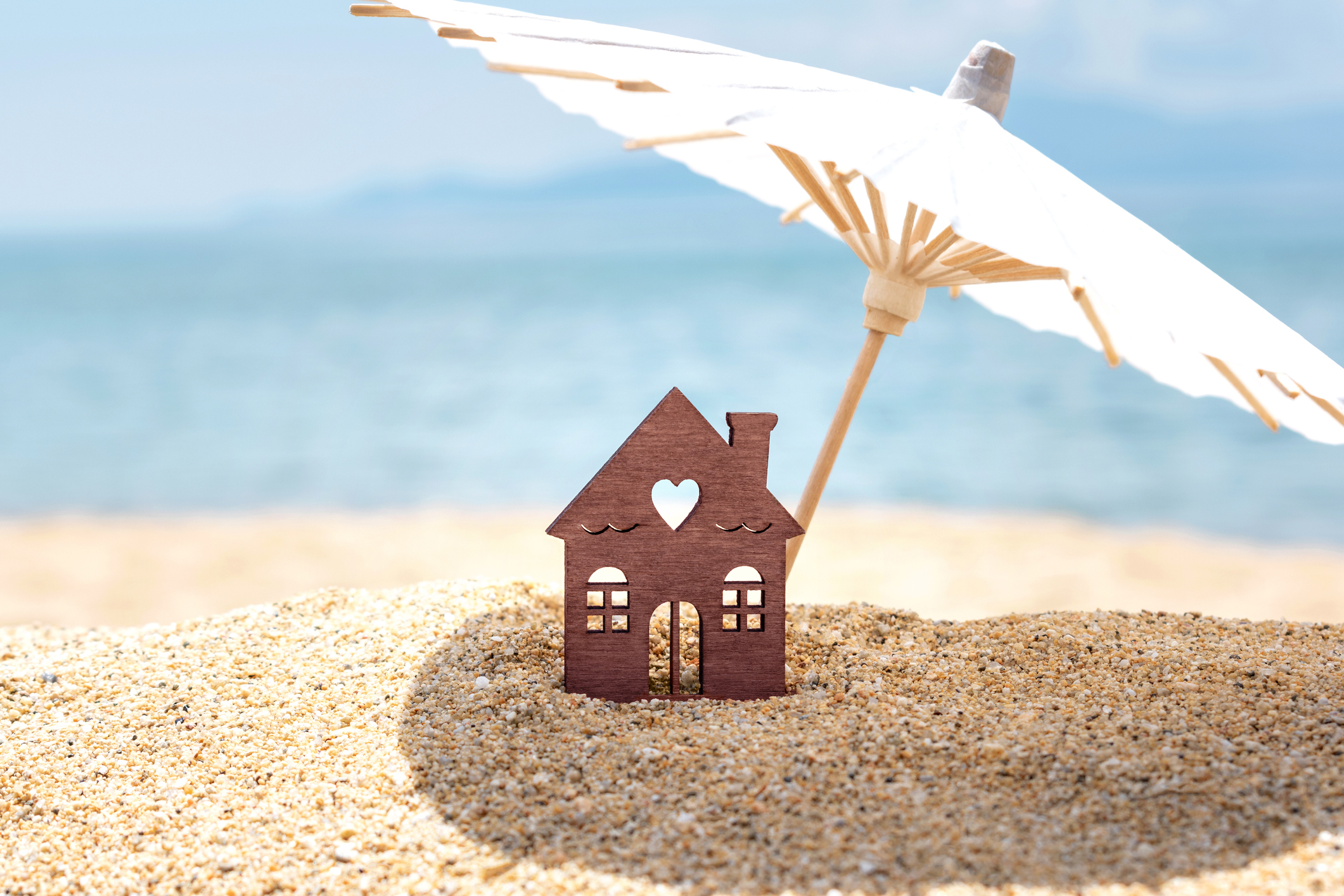
You may be stunned to learn what your Homeowner’s policy doesn’t cover
Basic homeowners insurance policies cover your home and its contents if damaged or ruined. Hence, here is the complete list:
- Fire
- Lightning
- Hail (dependent on area)
- Windstorm (except in hurricane zones)
- Smoke
- Vandalism (excluded by some policies)
- Theft
- Explosion
- Volcanic eruption
- Riots
- Civil Commotion
- Vehicles (and airborne projectiles)
- Aircraft (and airborne projectiles)
Some states don’t sell these basic policies. As a result, ssome require upgrades to cover more damages.
The Dreaded Homeowners Insurance Upgrade
An upgraded policy or HO-2 adds additional protection to your home and its contents. Subsequently, the HO-1 covers all of the items listed above, with these additions:
- Weight of snow, ice, or sleet
- Floods from appliances, plumbing, fire-protection sprinkler systems, and HVAC mishaps. Electronics such as computers are not a covered item.
- Glass breakage
- Abrupt collapse or caving of building
And so, this list applies also to homeowner’s insurance for condominiums or co-ops and is commonly referred to as HO-6 rather than HO-2.
The aforementioned lists are exactly what is covered on HO-1, HO-2, and HO-6. Consequently, if there’s a world apocalypse and that’s not on the list…it’s not covered.
But wait! There’s always HO-3 Homeowner’s Insurance
HO-3 is the most comprehensive form of homeowner’s insurance coverage. Accordingly, HO-3 covers just about everything you can imagine. In what follows, there are some specific exceptions:
- Floods
- Earthquakes
- Wars
- Nuclear accidents
- Landslides
- Mudslides
- Sinkholes
The HO-3 policy also does not cover world apocalypse (War) but it does cover a lot.
What isn’t Covered by Homeowners Insurance
No one policy covers every possible type of damage that can destroy your property. Here’s what typical homeowners’ policies will not cover:
- Improper or neglected maintenance
- Hurricanes
- Floods
- Earthquakes
- Mudslides
- Landslides
- Sinkholes
- War
- Nuclear accidents
- Sewer backups
- Sump pump failure
- Ground movement and holes caused by mining
- Pollution
Additional policies can be purchased to cover some, but not all, of these disasters. Even if insurance was available for the most common disasters in your area, you may not qualify if your property has distinct features. These features cause your home to be more vulnerable such as a thatched roof in an area where wildfires are the norm.
Additional Items Covered by Homeowners Insurance
Here are four more items that are covered:
- Landscaping, hardscaping and outbuildings (up to 10% of your policy, 5% for plants)
- Damage or loss of personal belongings (laptops, computers, jewelry, etc.)
- Temporary living expenses if your home is unlivable (hotel bills and meals)
- Injuries or accidents at home (slip and fall, dog bites, etc.)
What if you have an Older Home?
That’s what HO-8 is for.
When your home is older, and it is no longer reasonable to assume you could replace it to its original status. HO-8 steps in. Items such as electrical that could not be replaced as original and meet current code requirements.
A HO-8 policy covers many of the same disasters as the basic HO-1 policy. HO-8 will only pay repair costs to market value not replacement value.
It is possible to purchase a “Law and Ordinance” policy that covers the cost of rebuilding using current building codes.
That about covers the ins and outs of homeowner’s policies. If you experience damage to your home or property and you are not sure if you are covered under your homeowner’s policy, give Advance Restoration a call at 866-465-2409. One of our experts will walk you through your policy’s coverage.

